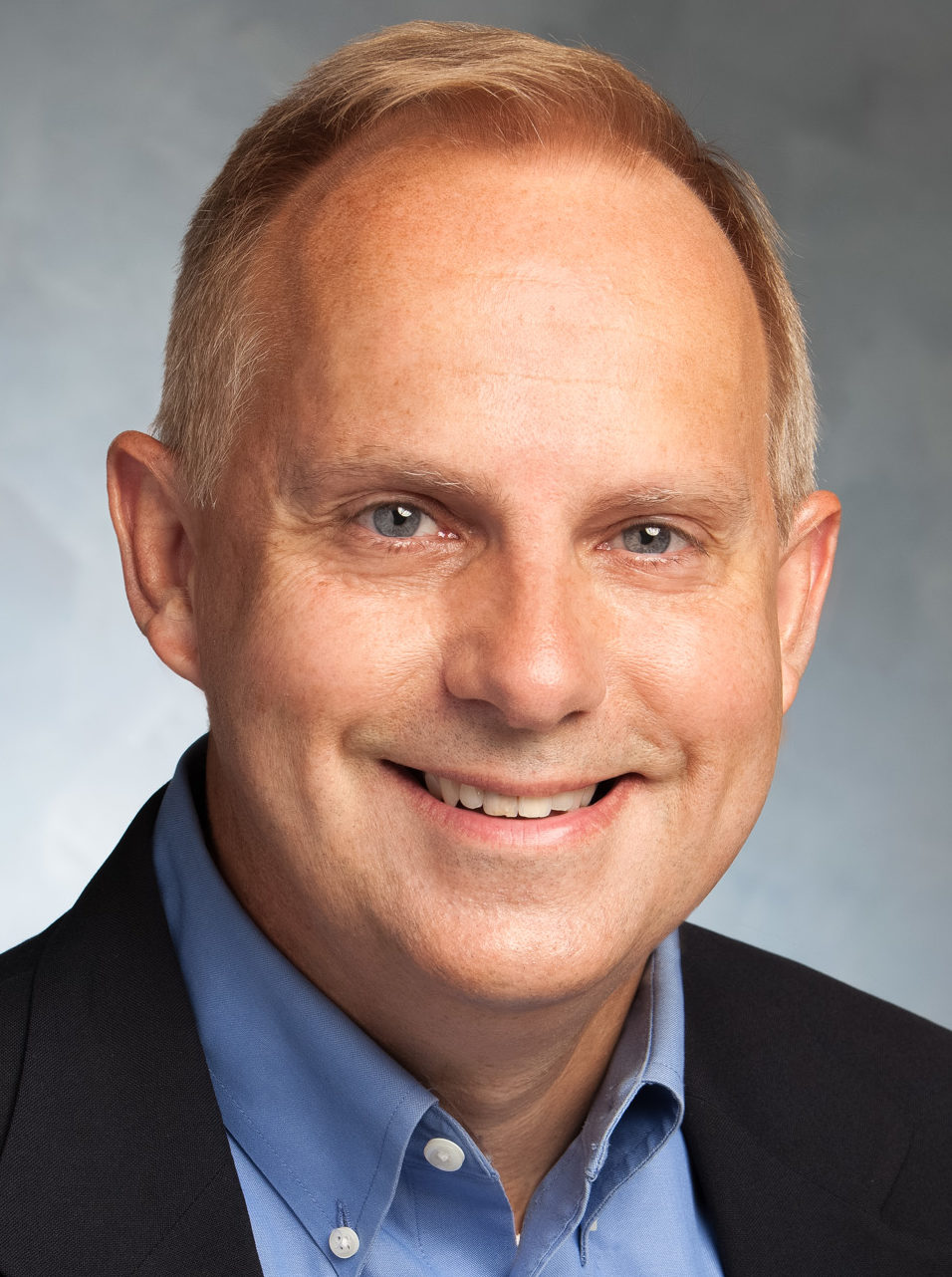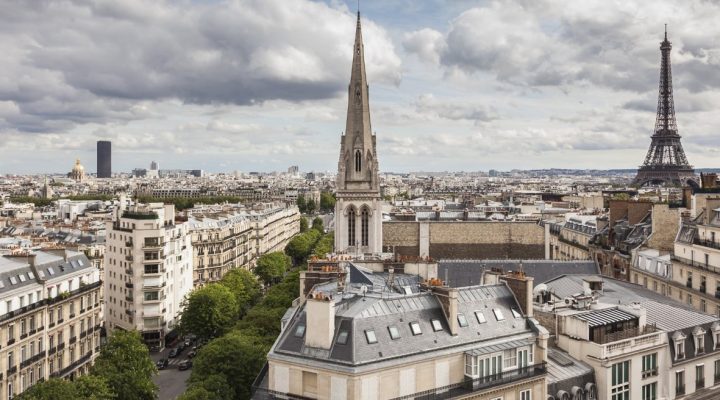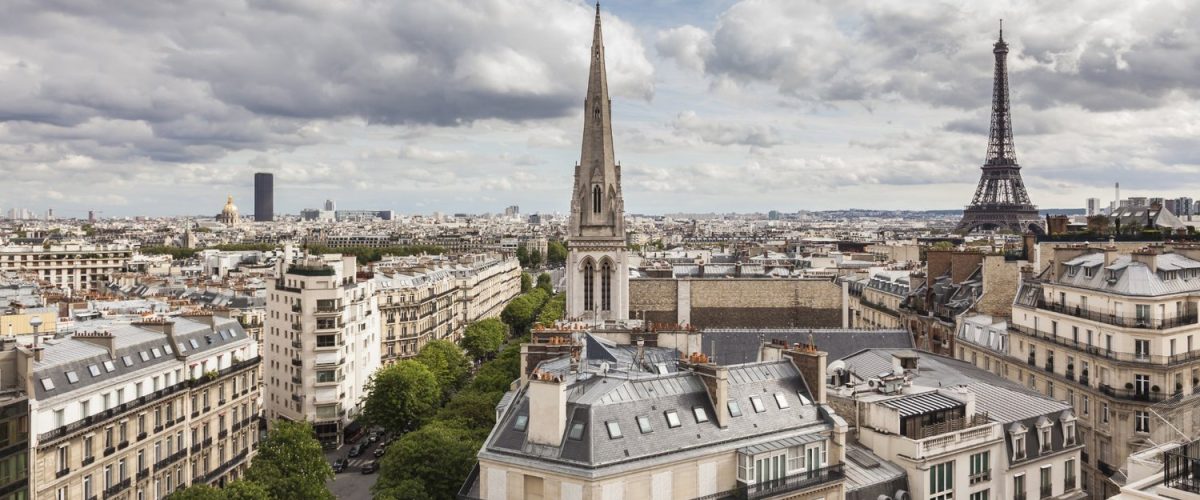Last fall on the second Sunday of Advent, I preached a sermon at the American Cathedral in Paris on change, our fear of change, the difficulties of change.
And on race.
It was a pretty typical sermon for Advent, that liturgical period when we sit in between, waiting for the coming of Jesus and the sacred change he will inaugurate, but as sermons do, it landed very differently for different people.

Greg Garrett
For at least one listener, that sermon felt like a divisive political message.
For at least one other, it presented a liberating gospel call.
And in the tension between those two reactions, as my friend George Mason recently told me, is the tension between where the church may be at this moment and where it might be.
What I said last fall was this:
As some of you know, I have been writing and speaking on issues of race and power for the past five years, and often that work I do with your spiritual help has taken me into situations where I’m put face to face with some painful human truths. This fall I’ve preached about race and justice in New York City, in Louisiana, the land of cotton plantations, and in London, the Heart of the Empire. In the process, I have learned and re-learned a potent lesson that even though many of us say we want more justice and more equity, deep down there are some of us who do not welcome the idea of change.
Dr. King observed long ago that people with privilege rarely give up their privilege voluntarily, and I have come to believe this truth applies to a wide variety of moral issues beyond the racism which has been my primary focus. That while we might sing, “Let there be peace on earth, and let it begin with me,” the Advent message of change and repentance may get no further than our lips, and so today’s lessons can and should convict us.
I can’t imagine preaching an Advent sermon that is not about living into the change God is waiting to inaugurate in the world and in us. Can’t imagine why that would even be surprising. But after church, after I had taken off my preaching vestments and donned a jacket and replaced my face mask (we were at that time still masking in Paris), I was stopped in the cloister by a guy of my approximate age and complexion who — while he didn’t recognize me — nonetheless wanted to talk about the sermon he’d just endured.
“Jeez,” he said. “That got political all of a sudden, didn’t it?”
As I said, I’ve been talking with white people about race for a while now.
Sometimes they’re primed and ready to listen.
And sometimes the mere mention of race or racism or racial injustice is enough and too much for them.
“I got an earful from this gentleman who, as I said, didn’t recognize me, about how he doesn’t come to church to hear politics from the pulpit.”
So it was on this Sunday. I got an earful from this gentleman who, as I said, didn’t recognize me, about how he doesn’t come to church to hear politics from the pulpit.
At last, he paused for a moment so that I could agree with him.
But I was treasuring the precious gift anonymity given me, and I leaned into it hard.
“I don’t know,” I said. “I thought the guy made some good points.”
This was not remotely what he wanted to hear. He harrumphed out of the cloister and into the streets, and perhaps he hasn’t harrumphed his way back to us yet. That happens.
But here’s the thing. Months after I’d forgotten about that morning, I was back in Paris, and I got into a conversation with a mom about the moment her family decided to join the cathedral.
“We had been thinking this wasn’t the place for us,” she told me. “Then last December, we heard a sermon about race and justice, and we realized maybe this was a place that shared our values. Where we could raise our kids. Where we could make a difference.”
“A sermon on race and justice,” I said. “At Advent?” She nodded. “Do you remember who preached it?”
She shook her head. “Some guy.”
“You don’t know how happy I am to hear this,” I told her.
And I was happy, for so many reasons.
Sometimes in the church I fear we duck hard topics and preaching gospel issues because we’re afraid people don’t want to reckon with them. That they won’t do the work, lean into the change into which God constantly calls us.
That they’ll harrumph out into the street and never come back.
I believe the church is more than that, that people are better than that, and I have ample reason for that hope.
Take this, for example: Earlier this fall, I went to talk to white clergy in Mississippi about racism.
It’s possible there were some listening who got their backs up, or who flashed immediately to the pledging units they might lose.
But others nodded and made notes, and on our last morning together, the Episcopal bishop of Mississippi, Brian Seage, got up to preach. He told a story about looking over the images of heroes and heroines in the Civil Rights Museum in Jackson, about how his heart broke that not a single one of them was a Mississippi Episcopalian.
He talked about his shame that the church in Mississippi had consciously decided it would not be a part of God’s justice.
“And then Bishop Seage said this: ‘It is time and past time for the church in Mississippi to tell the truth about race.’”
And then Bishop Seage said this: “It is time and past time for the church in Mississippi to tell the truth about race.”
I saw some eyes grow wide.
We will lose some congregants, he told that church full of clergy. Some of them will harrumph off into some less-challenging place. But other people will join us. They will join us because this is what God is doing, and so it is precisely where the church needs to be.
We sat that morning in the land of cotton plantations, in a church where in 1964, three activists had spoken about voting rights and then been murdered by the Klan.
But as Bishop Seage preached about race in Meridian, Miss., people were weeping. People who had waited to hear this word, who had wanted to hear this word.
People who were ready to change.
And there are more of us ready to hear the hard good words of God’s justice, ready to march in step with what God is doing.
At the close of that 2021 Advent sermon I said this. I believed it then. I believe it now.
The Spirit of God is moving over the earth and over us, and while we may have a human impulse to fear change, we know who holds the future, and we know we are loved, accompanied and will never be abandoned by that God.
So don’t be afraid.
Every valley will be exalted.
Every mountain and hill laid low.
The world is going to change.
And, beloved, it is going to be beautiful.
Greg Garrett teaches creative writing, film, literature and theology classes at Baylor University. He is the author of two dozen books of fiction, nonfiction, memoir and translation, including the critically acclaimed novels Free Bird, Cycling, Shame and The Prodigal. He is one of America’s leading voices on religion and culture. One of his most recent nonfiction books is In Conversation: Rowan Williams and Greg Garrett. His latest book, A Long, Long Way: Hollywood’s Unfinished Journey from Racism to Reconciliation, is hot off the presses. He is a seminary-trained lay preacher in the Episcopal Church. He lives in Austin with his wife, Jeanie, and their two daughters.
Related articles:
Change is good — except when it isn’t | Opinion by Erich Bridges
Learning about change from Henry Ford | Opinion by Bob Newell


